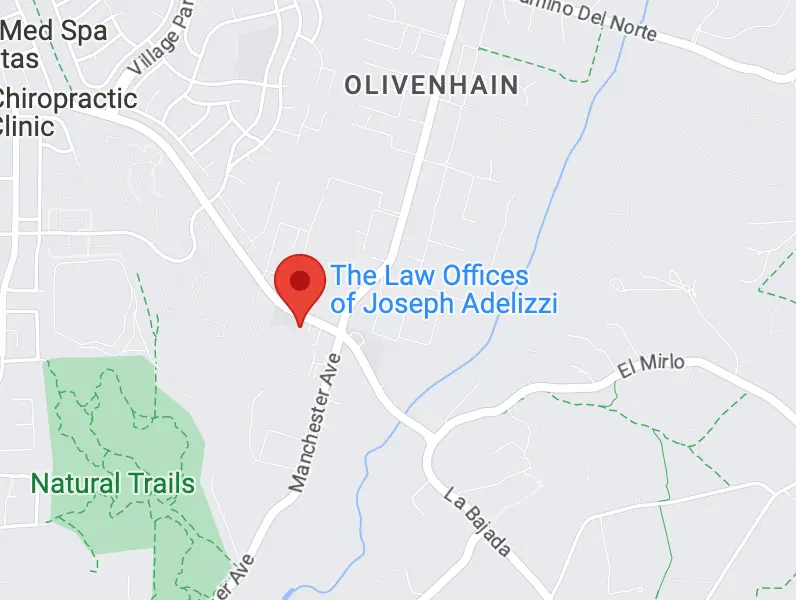What Do Medicare Parts A and B Cover?
Parts A and B are “original” Medicare. When Medicare began, only these two parts existed. The alphabet soup of Medicare options came along years later. Since there are now so many possible types of Medicare coverage, you might be wondering What do Medicare Parts A and B cover?
Medicare Part A
Medicare Part A covers your inpatient hospital stay and some services you receive while in the hospital. Some people call Part A “hospitalization” or “inpatient” coverage. Typically, you get a semi-private room with a bed and regular meals.
Sometimes, there is confusion about what Medicare Part A means by the word “inpatient.” You can receive inpatient care at a traditional hospital for acute care or critical access, or at an approved inpatient mental healthcare facility or rehabilitation center. Medicare Part A does not pay for an extended stay at a nursing home.
If you have an illness or injury that needs immediate or acute care at a hospital or other approved healthcare facility, and you receive those medical services while an inpatient, Medicare Part A can cover the costs. You might still have a deductible and copay, so do not expect that Medicare will pay 100 percent of the hospital bill.
For a short while after you get discharged from the hospital, Medicare Part A might help to pay for some limited home healthcare services directly related to your hospital stay. For example, you might need a home healthcare medical professional to change the dressings on your surgical incision and take your vital signs for the first week or two. Medicare Part A also can cover some medically necessary skilled nursing care, physical therapy and medical social services.
Part A can provide hospice services. These items can include things like:
- Counseling
- Social services
- Palliative Care
- Pain relief
- Short-term respite care
Depending on the facts of your situation, Medicare Part A might help to pay with some additional services.
Medicare Part B
People often think of Medicare Part B as covering outpatient medical services, but Part B can also cover some care you receive while in the hospital. Part B will pay 80 percent of approved items, but you have to satisfy the annual deductible before Medicare starts to pay its portion. Some supplemental coverage plans cover the copay and deductible, but original Medicare by itself comes with a deductible and copay.
Outpatient care that Medicare Part B usually covers include things like:
- Visits to the doctor’s office
- Transportation by ambulance
- Home health care
- Lab tests
- Some chiropractic services
- Preventative care like mammograms, colonoscopies, flu shots and other measures
Medicare Part B can help to pay for these services, even if you receive them while an inpatient at the hospital:
- Surgery
- Diagnostic imaging like x-rays, CAT scans and MRIs
- Kidney dialysis
- Cancer treatment, like chemotherapy and radiation
- Drugs you receive in a clinical setting, like insulin for an insulin pump, antigens and osteoporosis injections.
Medicare Part B does not cover other types of outpatient drugs. You would need to get Part D or another optional plan to get help paying for your medications.
The government does not require you to buy Medicare Part B coverage, but you can end up with a stack of medical bills that Part A does not cover, if you do not have both parts. You also cannot buy Medigap supplemental insurance unless you have Parts A and B.
Your state might have different regulations than the general law of this article. You should talk to an elder law attorney in your area.
References:
Boomer Benefits. “Medicare Part A.” (accessed October 24, 2019) https://boomerbenefits.com/new-to-medicare/parts-of-medicare/medicare-part-a/
Boomer Benefits. “Medicare Part B.” (accessed October 24, 2019) https://boomerbenefits.com/new-to-medicare/parts-of-medicare/medicare-part-b/



